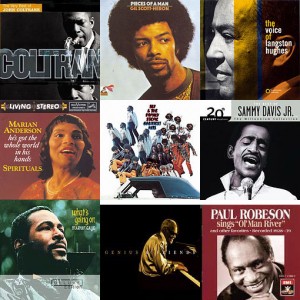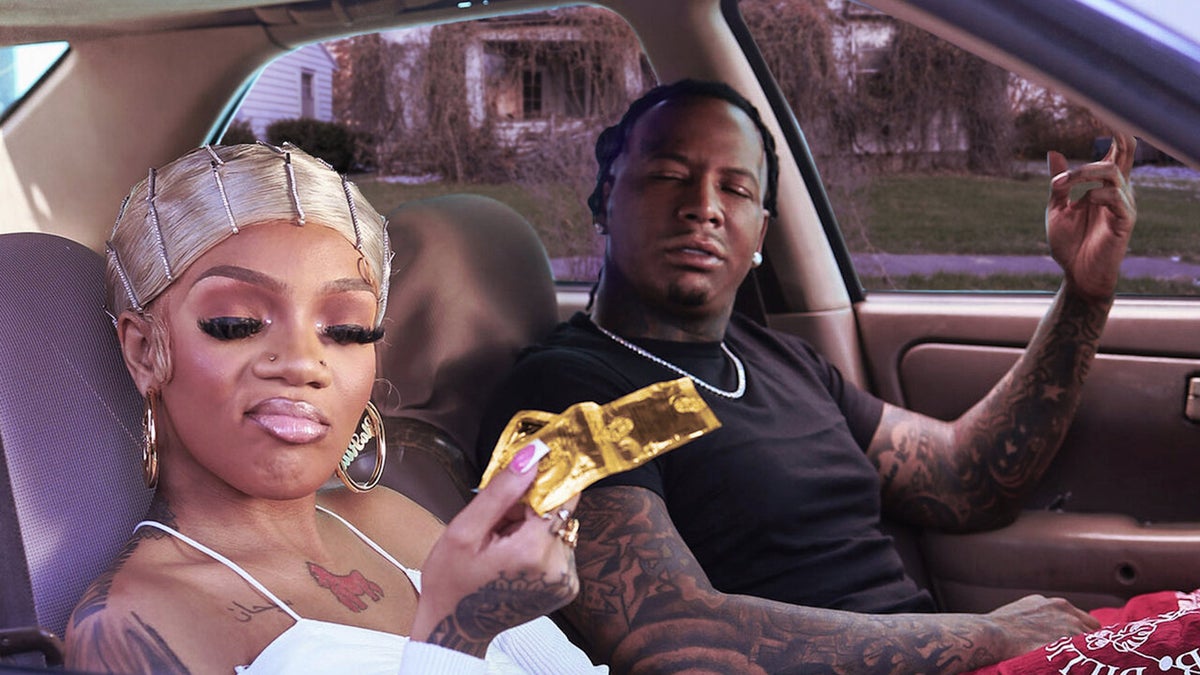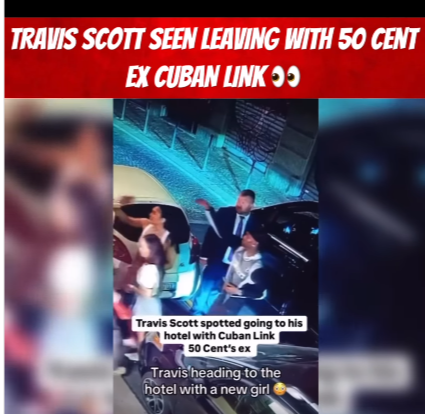(ThyBlackMan.com) Unfortunately, everything old is new again. I imagine that when some Southern plantation owners finally decided to move to the cities and start businesses, they might have founded much of the music industry as we know it today – at least, in spirit.
Surely you know that our Black ancestors were in slavery 200 years ago (although some states will work hard to make sure your children never learn). A lesser-known period of the Black struggle in the United States was the 100 years or so after slavery many of our people spent working on the old plantations under a system called sharecropping. This is not ancient history; sharecropping persisted until the Civil Rights Movement in the mid-1960s, and in some areas even longer.
Not long after the Civil War, Southern states passed laws forbidding Black people from going into many professions and trades. These laws forced many Blacks to have to return for their former masters on the plantations they had just left. So, the plantation owners agreed with their former slaves to give them a piece of land to live on, to loan them seed and tools to work the land,  and then be paid back the rent and the loans from a share of the crop – hence, sharecropping.
and then be paid back the rent and the loans from a share of the crop – hence, sharecropping.
Problems for the freed Blacks quickly arose. Most freed Blacks could not read, and would not be allowed to examine the plantation owner’s books even if they could read. Therefore, they were unable to know if high interest charges were placed into their contracts for seed and material they were loaned, and they were unable to examine the plantation owner’s records to see if the crop produced was big enough to pay back their debts. Thus, the plantation owners had our ancestors coming and going.
“Oh, my, well, you didn’t quite grow enough this year to pay me back – but don’t worry. I’ll loan you more seed, more tools, and that land on which you’re living again, and you can pay me back out of the crops next year.”
But “next year” never came; our people in the South were kept in debt year after year, and, because they were in debt, were thrown into prison to provide even more free labor to the plantation owners and their friends in law and politics. There is a documentary whose name well describes the sharecropping period – “Slavery by Another Name” – which every Black person should see. But it is a definite must-see for Black artists and artist-songwriters, because everything old is new again.
When an artist goes to work with a record label, the record label LOANS the artist studio time, tour support, promotional campaigns, packaging (yes, even “packaging” on digital downloads if the artist doesn’t speak up), and a piece of money called an advance. All of these things the artist is supposed to repay out of his or her royalties BEFORE he or she is paid anything.
The problem is that neither the standard record contract nor the newer 360 Deal usually comes with the two things that would actually allow the artist to get paid; clear, easy-to-understand terminology in the contract, and the right to examine the record label’s books. Thus the artist, who begins in debt, has no way to know how much he is charged and why, and no way of knowing if his project has made enough money to pay off his debts. So, at the end of the project, the record executives can come and say…
“Oh, my, well, your project didn’t make enough to pay off what you owe us – but don’t worry. We’ll loan you more studio time, more tour support, and another advance, and you can pay us back out of the royalties from the next project.”
And that is how Black artists have stunned the world with their musical skills and been kept poor for 100 years – they have just been sharecropped into slavery by another name, in the music industry. Does that sound like an appealing future for YOU? If not, do two basic things if you feel you must work with a record label.
First, have a lawyer go over all contracts with you before you sign – and get the kind of lawyer who will explain to you the terms and conditions in all contracts so that you understand. The more informed you are, the better decisions you will be able to make.
Second, get an audit clause inserted into your contract such that you, your lawyer, your accountant, and anybody else you think could help will have the right to examine the record label’s books to see what money has been earned so you will know if and when you should be paid. Without this clause, you will likely not be paid, ever, because there are few record label executives that are eager to come running to you saying, “Oh my – we owe you now instead of you owing us!”
Or, just go independent – not enough can be said about this option. If you educate yourself on the way the music business works today, and learn some basic skills about building a fan base and using social media to support that build, you can achieve great success without handing the sharecropping industry – I mean music industry – a dime. Let the industry come look for you… and even then, be very careful!
The spirit of plantation owners and the spirit of record label executives, alas, are one and the same – chewing up the labor of Black people for free by legal means is an old practice. We do not, however, have to keep signing up to be sharecropped as musicians – examine your contracts, get those audit clauses in, and enjoy the freedom if you go independent!
Staff Writer; Deeann D. Mathews
You may connect with this talented sister via twitter; Deeann D. Mathews.
She is also author of The Freedom Guide for Music Creators which can be purchased from the website of Marcus Bookstores, the oldest African American bookstore in the world: http://marcusfillmore.wordpress.com/2011/07/01/c8/.”















Here are the best books about the music business (they are available on amazon):
All you need to know about the music business by Donald S. Passman
R&B Rhythm and Business: The Political Economy of Black Music by Norman Kelley
the books of Daylle Deanna Schwartz
In addition, the Afro-British website Blues & Soul (Magazine) provides thorough information about how the music industry operates especially via their jaw-dropping interviews.
These are the best books that I recommend related to the music industry (they are all available on amazon):
In addition, the Afro-British website Blues & Soul (Magazine) provide a lot of valuable information about the music business especially with their interviews.
Thanks for sharing, hopefully some of the younger brothers and sisters will become more aware of the evolving crop-lien system.
We really need to examine the mental effects of slavery. Why else would we continue to give the best that we have in all areas of our lives to the same people whose ancestors enslaved us? No other group of people does this. Even in Africa they have this problem and this is the reason why they are still struggling to this day when they have all the resources to live a happy and productive life. Believe it or not, when we were segregated we were in better shape then we are now when it comes to unity, ownership, and values.
Did we have problems, absolutely? We didn’t have access to the resources we have now like the right education, access to capital, jobs, and business opportunities. Now we have all this and yet we act like we still have no resources, so we continue to beg people outside our community to do the things we can do ourselves. It’s time to wake up from this nightmare we call the American dream and create for ourselves the things we need to be a happy and productive people. Here and in Africa.
Black Unity means financial independence and happiness
John — first, thank you! Our community has been the most affected by this because we have the least reserves, and because some people refuse to see us as anything but a source to be exploited… the only way to break it up is for us to see and treat ourselves as worth more, and take action accordingly in every sphere. We have the creative power to change our condition greatly… but we need to be informed and to decide not to enter relationships of exploitation. It is one thing to be enslaved by force; it is another thing to be duped into it, and another thing again not to take the time to inform ourselves of what is really happening in the music industry and everywhere else. We have to stop signing up to be ripped off.
Sankofa — you’re welcome! Spread the word, spread the word, spread the word to every musician you know (you too, John)!
Excellent article! I am convinced that old practices of these slaves masters are still true today. I am certain that the home foreclosure crisis happened to impoverish Black America. This would not surprise me at all. How come our community have been the most affected by this??? I believe that most Whites should be in the Guinness Record for being the most greedy people on this earth!!!
Thanks sister, this is good information